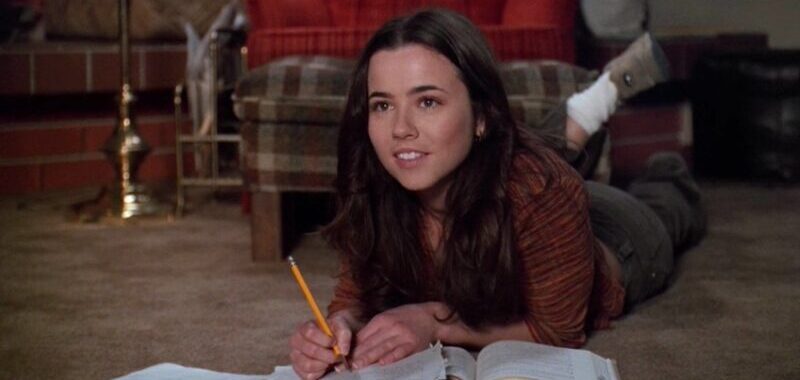Last week, the world’s most perfect television show celebrated its 25th anniversary. Under-loved on its initial release, Freaks and Geeks now enjoys one of the smugger lost cause fan clubs. We are legion, us torch-holders for Lindsay and Sam.
As any one of those smug fans will tell you, Freaks and Geeks is a perfect show because of its extraordinary fidelity to the wonder years. Because our hero Lindsay, as played by Linda Cardellini, distills the social crisis that is finding yourself into a highly recognizable either/or proposition. To freak, or to geek?
I lost sleep wondering what happened to my favorite fictional avatar after this show ended and Lindsay hit the road with the Grateful Dead. Who might she have become, if the short-sighted NBC execs had followed her into senior year? Which path would she have ultimately selected? What might she have seen, or surrendered? What might she have read?
Here are some guesses, on the latter.
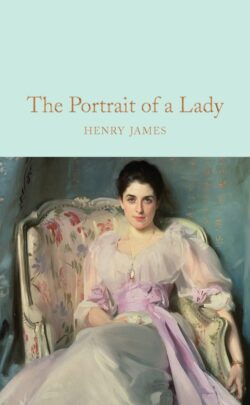
Henry James, The Portrait of a Lady
Lindsay’s crisis, like Isabel Archer’s, is one of choice paralysis. Should she ride with the Mathletes to academic victory, or follow the Dead to Frisco? Does she feel more herself among the searching, institutional-suspicious “freaks,” or the idealistic ex-hippies like Mr. Rosso? Just like Ms. Archer, she’ll find inaction is its own choice.
Or, maybe she’ll find direction. Around some corner where it’s been waiting to find her…
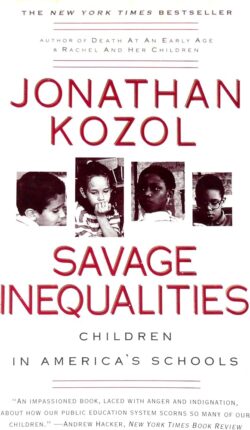
Jonathan Kozol, Savage Inequalities
Assuming Lindsay does eventually take that full ride to U-Michigan and fall in with the ashes of the SDS, her nascent class consciousness might find a nudge in this ground-breaking investigation of American inequality. Many things she hated about high-school would be demystified in Kozol’s deep dive into all that’s wrong with public education.
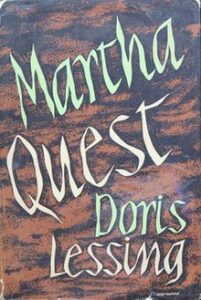
Doris Lessing, Martha Quest
In episode ten (“The Diary”), the Weirs get a glimpse of Lindsay’s suburban disenchantment after reading her diary. In its pages, she diagnoses her sweet suburban parents as “the most repressed people on the face of the entire earth.”
The first book in this tetralogy by the Nobel-prize winner follows a young woman who refutes a genteel existence and falls in with adventurous Communists in a fictional British colony. Lessing, like Lindsay, is a brainy woman rattling the bars of a gilded cage.
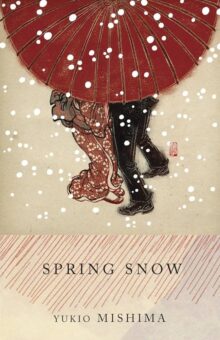
Yukio Mishima, Spring Snow
I see Lindsay reading a lot of tetralogies, for some reason. I think the first book in this controversial, stirring series would ignite Lindsay’s suspicions re: American empire and Western excess. But before that, I think Kiyoaki, our hero, would appeal to her as another person torn between worlds and modes of self-expression.
The tortured relationships at the heart of this novel are also rendered with all the drama and pain of high-school love. (“We’ve Got Spirit,” anyone?)
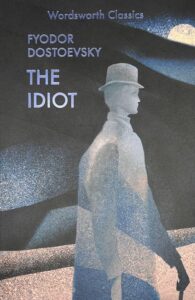
Fyodor Dostoevsky, The Idiot
Of course Lindsay’s a Dostoevsky bro. She’s contrarian, she’s isolated, and she’s flirting with existentialism. She’s gonna love all the Russians. She’ll gobble up Gogol and Kafka and Bulgakov. And when Elif Batuman writes another Idiot in 2017, Lindsay’s whole book club will see themselves in Selin. But I’m getting ahead of my astral projection.
As a polyphonic exploration of human morality, this one will appeal to Lindsay’s roving spirit. And the spiritual stuff will help with that looming loss-of-faith crisis.
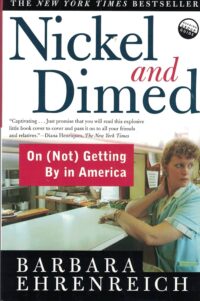
Barbara Ehrenreich, Nickel and Dimed
If those dinner table debates with Harold “Everyone’s a Democrat until they get a little change in their pocket” Weir are anything to go by, Lindsay is also headed for a class consciousness raising. And I’d bet that rebellion takes the form of a hard look at income inequality, given how nuanced the show was on parental wealth.
Barbara Ehrenreich’s undercover expose of making ends meet on minimum wage wasn’t published until 2001, so our girl would have had to wait for this one. But I can imagine a parallel universe where Ms. Weir grows up to be a socially minded journalist prone to stunt reporting.
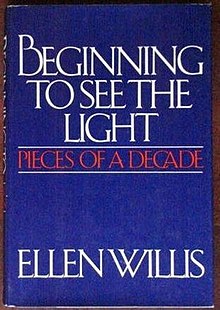
Ellen Willis, Beginning to See the Light: Pieces of a Decade
Eventually, our dear Deadhead is bound to discover certain annoying things about the rock n’ rollers she loves. And who better to contextualize a complex fandom for The Who then Ellen Willis? This first collection from the brilliant essayist and rock critic engages Bob Dylan, Andy Warhol, and Herbert Marcuse with a loving but scrupulous eye.
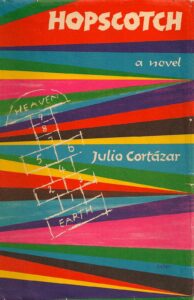
Julio Cortázar, Hopscotch
We know from glimpses of Ms. Weir’s Spanish class that she’s close to fluent in the language. We also know that she appreciated Kerouac’s experimental amble, but found the prose in On the Road tedious. I think another experimental novel—one with a savvier structure and some soul-stirring lines—is in the offing.
This knotty, build-your-own-blow-torch of a book inhabits a fraying consciousness. And like Lindsay in 1980, it asks big questions about what it means to make meaning of, well, anything.
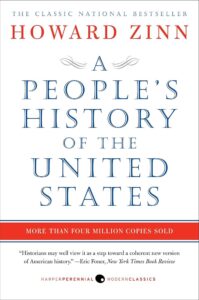
Howard Zinn, A People’s History of the United States
Originally published in 1980, i.e. Lindsay’s junior year, this ur-text for Fussy Nascent Lefties is already on her shelves. Let’s be honest. Mr. Rosso gave her a copy, as a “Congratulations on getting into the academic summit!” gift.
She’ll read it in the van between Dead engagements and periodically wake a sleeping Kim with her gasps.
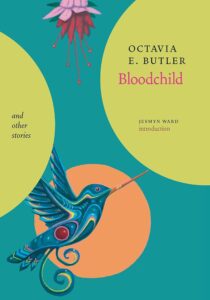
Octavia Butler, Bloodchild and Other Stories
Lindsay’s grip on gender theory was way ahead of its time. (Remember her jibe in episode five? “Men get periods, too. It has to do with your body tides.”) This sci-fi collection, chock full of eerie parables from and for a craven 80s, would totally blow her mind. Especially the titular story, which imagines a world where men give birth.
This one could also make a meaningful book club bridge between the Weir children. Sam would stay for the world-building, while Lindsay can snack on the metaphors.

